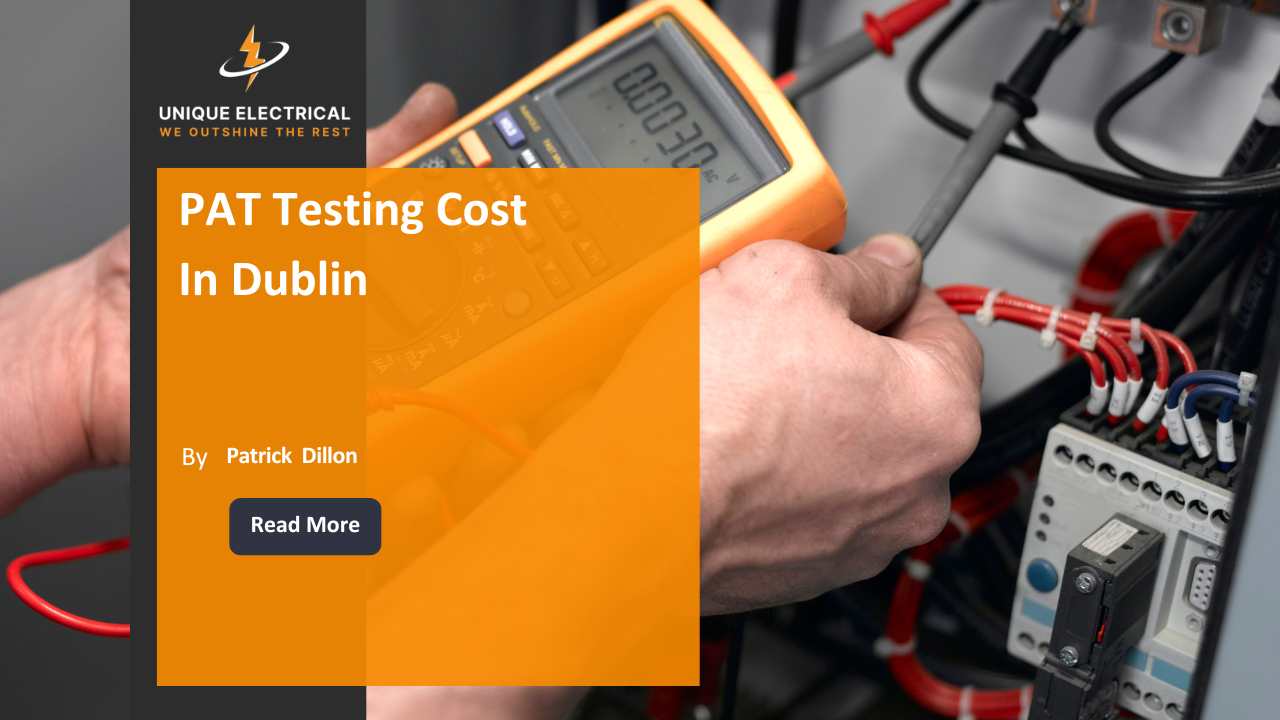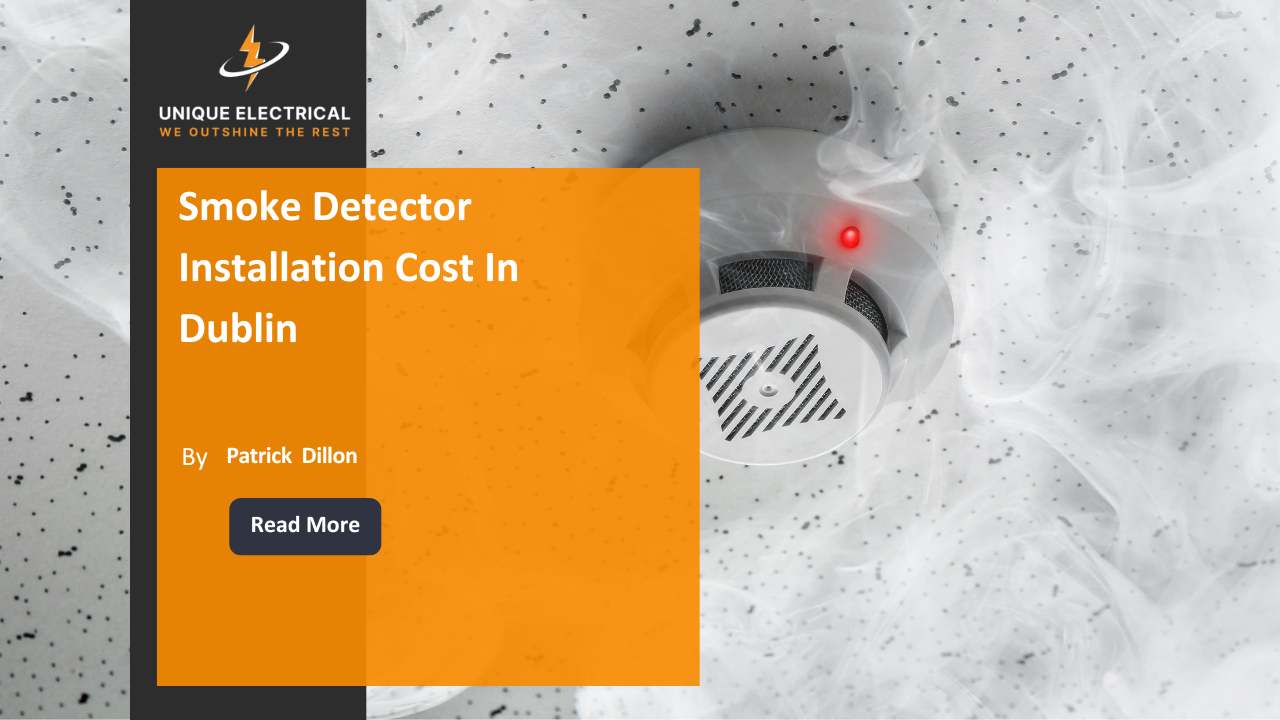Certified electrical testing plays a crucial role in keeping commercial buildings safe and compliant with regulations. Whether you manage an office, warehouse, or retail space, ensuring that your electrical systems are in good working order is essential to prevent risks like electrical fires or equipment failures.
One of the most reliable ways to assess the condition of your building’s electrical setup is through an Electrical Installation Condition Report (EICR). Regular testing helps identify issues early, ensuring timely repairs and smooth business operations.
In this blog, we’ll explain what is Certified Electrical Testing and why commercial building need it. Also, learn how often it should be done, and what to expect from the process. Keep reading to learn more.
What is Certified Electrical Testing and Why Commercial Building Need It?

Understanding what is Certified Electrical Testing and why commercial building need it is crucial for anyone responsible for managing properties like shops, offices, or warehouses. Ensuring the safety of electrical installations and circuits is a key responsibility to prevent risks such as electric shocks and fires.
One of the most effective ways to maintain safety is by conducting a thorough Electrical Installation Condition Report (EICR), also referred to as fixed wire testing.
Outdated or faulty electrical systems can lead to serious problems. An EICR helps identify issues early, ensuring timely repairs and compliance with safety regulations.
Additionally, regular testing reduces risks and keeps business operations running smoothly by preventing costly breakdowns. Alongside EICR, Portable Appliance Testing (PAT) is also important, especially in workplaces where equipment is frequently used or moved.
Why is an EICR Essential for Commercial Buildings?
Electrical fires can spread rapidly in commercial settings, especially in environments like factories or warehouses where additional dangers may be present.
This highlights the importance of understanding what is certified electrical testing and why your commercial building needs it. Key reasons for higher fire risks in such buildings include:
- Dust Accumulation: Dust particles can enter vents and sockets, leading to overheating.
Flammable Substances: Factories often use combustible chemicals and gases during production. - Abundance of Flammable Materials: Paper, wood, and other flammable items heighten the fire risk.
- Extended Operating Hours: Electrical systems in commercial buildings typically run for longer hours, increasing wear and tear.
By conducting certified electrical testing, including an EICR, businesses can significantly reduce fire risks, stay compliant with safety standards, and maintain a safer environment.
Is It Mandatory for Commercial Landlords to Provide Electrical Certificates?
Unlike residential landlords, commercial landlords are not legally obligated to provide EICRs. However, obtaining an EICR can demonstrate that your building’s electrical system is safe and complies with safety standards. This not only ensures safety but also helps in maintaining a record of compliance in case of inspections or claims.
While it may not be legally required, many business owners choose to get an EICR to reduce potential risks and liability. It can also help during insurance claims, as having up-to-date certification may be considered evidence that you’ve taken reasonable safety measures.
How Often Should EICRs Be Conducted in Commercial Buildings?

The frequency of EICR testing varies depending on the type of commercial property. For example, most shops and offices are advised to have their electrical systems tested every five years. On the other hand, factories or industrial premises may require more frequent inspections due to the higher risk of wear and tear.
It’s important to note that the recommended inspection interval is determined by the engineer after assessing the condition of the electrical system. If your building’s electrical infrastructure is particularly old or prone to issues, more frequent testing may be suggested.
Scheduling EICRs regularly improves the overall safety of your property but also helps prevent unplanned power outages, which can disrupt business operations and lead to financial losses.
What’s Involved in Commercial Electrical Testing?

During a commercial EICR, a qualified electrical engineer inspects the entire electrical installation of the building. This includes:
- Consumer Unit: Commonly known as the fuse box or distribution board.
- Cabling: All wiring systems throughout the building.
- Accessories: Such as sockets, switches, and light fittings.
The goal of the inspection is to identify any defects or malfunctions within the electrical system. Once potential issues are identified, you can arrange for necessary repairs before they develop into serious problems.
How Much Does a Commercial EICR Cost?
The cost of an EICR for a commercial property depends on several factors, including:
- Building Size and Number of Rooms: Larger buildings with more rooms will require more time for a thorough inspection.
- Number of Circuits: More circuits mean a more complex inspection process.
- Accessibility: If the electrical systems are difficult to access, the inspection may take longer, increasing the cost.
- Complexity of the Circuit Board: Buildings with complicated or outdated systems may require additional expertise and time.
Additionally, you may opt for thermal imaging as part of the inspection, which can detect hidden issues like overheating components before they cause visible damage. This service incurs an extra charge but offers added safety benefits.
Conclusion!
Certified electrical testing is essential for ensuring the safety, reliability, and efficiency of your commercial building’s electrical systems.
Regular inspections, such as EICRs, help identify potential issues before they become serious problems, keeping your property compliant and protecting everyone on-site. Whether you manage an office, shop, or factory, timely electrical testing reduces risks, prevents downtime, and ensures everything operates smoothly.
Need expert help? Unique Electrical offers professional certified electrical testing services to keep your building safe and running efficiently. Contact us today for reliable inspections and customised solutions for your business needs. Stay protected with Unique Electrical!

.jpg)










